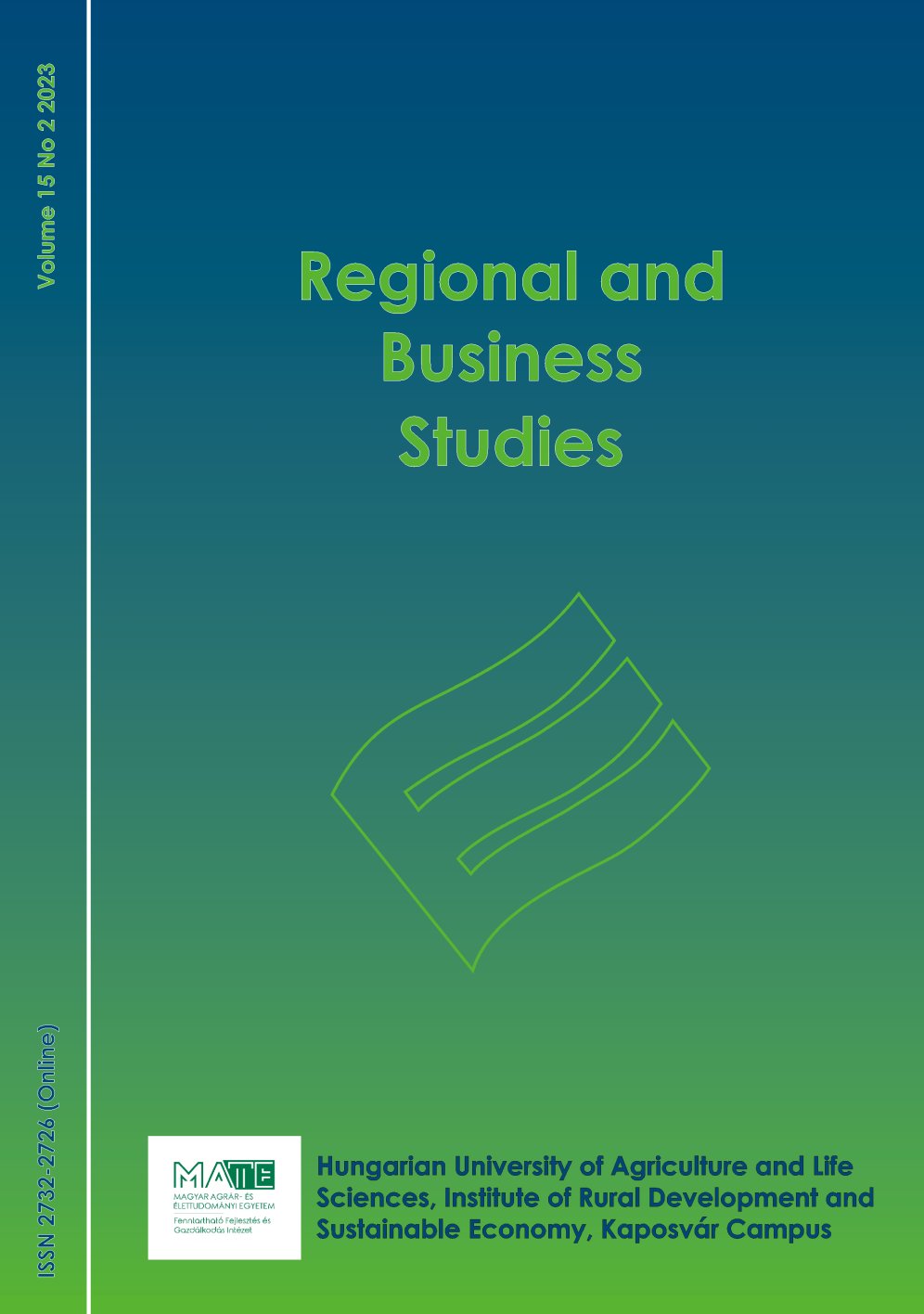Exploring Intercultural Online Marketing Competence among Tourism Students
A Case Study from Slovakia
DOI:
https://doi.org/10.33568/rbs.4636Keywords:
tourism, online marketing, interculturality, targeting, perceptionsAbstract
Intercultural online marketing is an essential element in today’s rapidly developing and diversifying world. Many fields, including marketing, are not only increasingly aware of this social and individual need, but are incorporating it into their tools and methods. A common method for targeted and effective marketing campaigns in tourism is to ensure that potential customers receive a response that is appropriate to the cultural background of the target audience. The aim of the present study is to examine tourism students’ attitudes towards intercultural online marketing in the following areas: Knowledge in the field of Intercultural Marketing; Stereotypes about potential customers; How to target potential customers as well as the students; Cross-cultural knowledge/skills. The research was conducted among students of the Department of Tourism at the Faculty of Central European Studies of the Constantine the Philosopher University in Nitra, Slovakia. The questionnaire on which the research was based was completed by 135 respondents. The results of the survey provide an answer to the research question about the knowledge and perceptions of the future representatives of the tourism sector. The results obtained indicate that the extent of experience and knowledge in the field of intercultural online marketing is not sufficient. These findings have potential implications for further research to explore strategies for enhancing education and training programs aimed at bridging the gap in intercultural online marketing proficiency among future professionals in the tourism sector. Moreover, these findings suggest a need for collaborative efforts among academia, industry stakeholders, to develop comprehensive initiatives that address the evolving demands of the tourism industry in an interconnected world.
References
Beták, N., & Sándorová, Z. (2022). Intercultural Communication and Digital Marketing in a Tourism Context. Constantine the Philosopher University in Nitra.
Beveridge, I. (2021). Intercultural Marketing: Theory and Practice. Taylor & Francis Group.
Bíziková, V. (2016). Kontexty kultúry a edukácie. Motus in Verbo, 5(1), 14–20.
Dorčák, P. (2013). eMarketing : ako osloviť zákazníka na internete. EZO.sk.
Chaffey, D., & Smith, P. R. (2017). Digital marketing excellence: planning, optimizing and integrating online marketing. Routledge.
Ivanova, M., Ivanov, S., & Petkova, I. (2022). Digital skills gaps in the Bulgarian tourism industry. Acta Turistica, 34(2), 113-129. https://doi.org/10.22598/at/2022.34.2.113
Janouch. V. (2014). Internetový marketing : přilákejte návštěvníky a maximalizujte zisk. Computer Press.
Kingsnorth, D. (2022). Digital marketing Strategy. An Integrated Approach to Online Marketing. Kogan Page Ltd.
Koman, G., Holubčík, M., & Kubina, M. (2020). Digitálny marketing. Vybrané nástroje prezentácie podniku v online priestore. Žilinská univerzita v Žiline.
Lőrincz, K., Banász, Zs., & Csapó, J. (2020). Customer Involvement in Sustainable Tourism Planning at Lake Balaton, Hungary – Analysis of the Consumer Preferences of the Active Cycling Tourists. Sustainability 12(12), 5174. https://doi.org/10.3390/su12125174
Manzoor, A. (2018). E-commerce 2018. Amir Manzoor.
Sokolova, H. (2022). Cross-Cultural Marketing Research as a Tool in Studying Consumer Psychology Across Borders. Proceedings of University of Ruse, 61(5.1) 143-148. https://conf.uni-ruse.bg/bg/docs/cp22/5.1/5.1-21.pdf
Striš, J., Vodák, J., Kubina, M., Jankal, R., & Soviar, J., (2009). Marketingové riadenie. Žilinská univerzita in Žilina.
Supeková, S., & Janáková, H. (2014). Interkultúrne aspekty medzinárodného marketingu. Uplatnenie v zmiešaných spoločnostiach. Wolters Kluwer.
Terpstra, V., & Sarathy, R. (2000). International Marketing. Dryden Press.
Trompenaars, F., & Woolliams, P. (2003). A new framework for managing change across cultures. Journal of Change Management. 3(4), 361-375.
Usunier, J. C., & Lee, J. A. (2013). Marketing Across Cultures. Pearson Education.
Végi, Sz., & Csapó, J. (2023). Towards A Better Understanding Of The Dynamics And Impacts Of Consumer Behaviour And Travel Decisions In Response To Crises – An SLR Based Analysis. Acta Turistica, 35(1), 79-111. https://doi.org/10.22598/at/2022.35.1.79
Downloads
Published
Issue
Section
License
Copyright (c) 2023 Norbert Beták, Viktória Bíziková, Viktória Gergelyová

This work is licensed under a Creative Commons Attribution-NonCommercial-NoDerivatives 4.0 International License.





